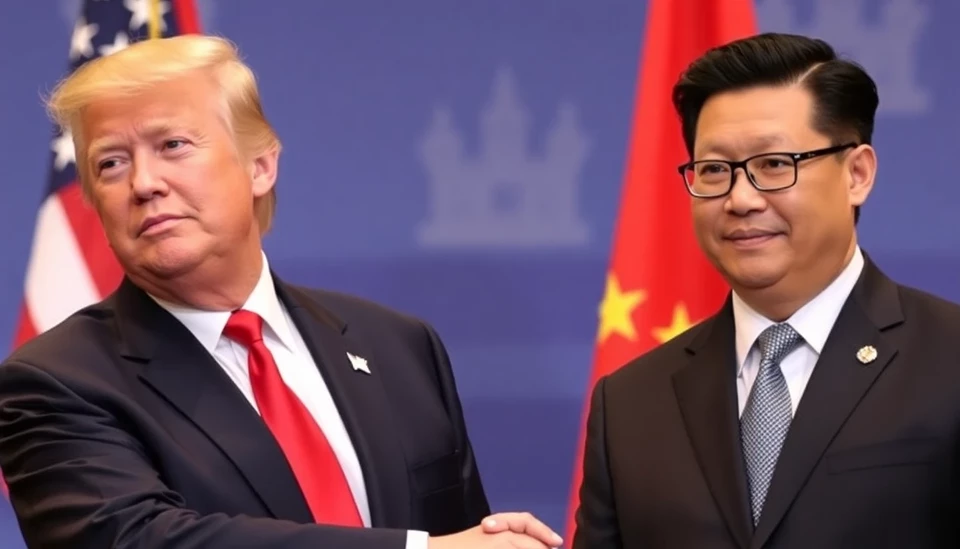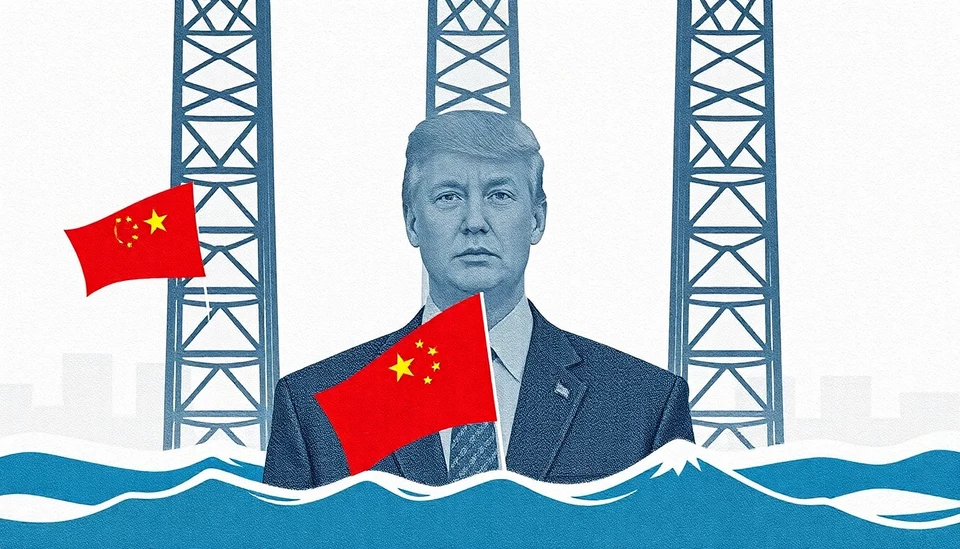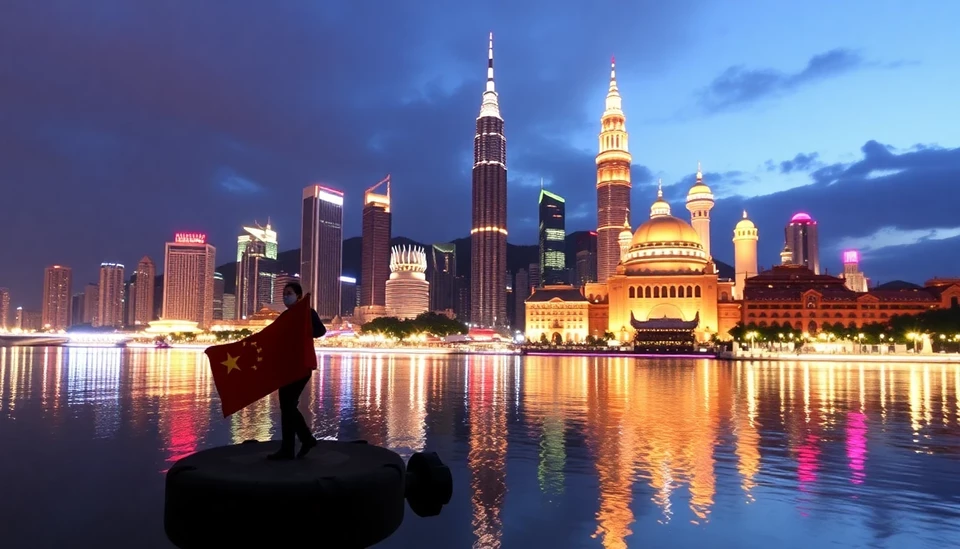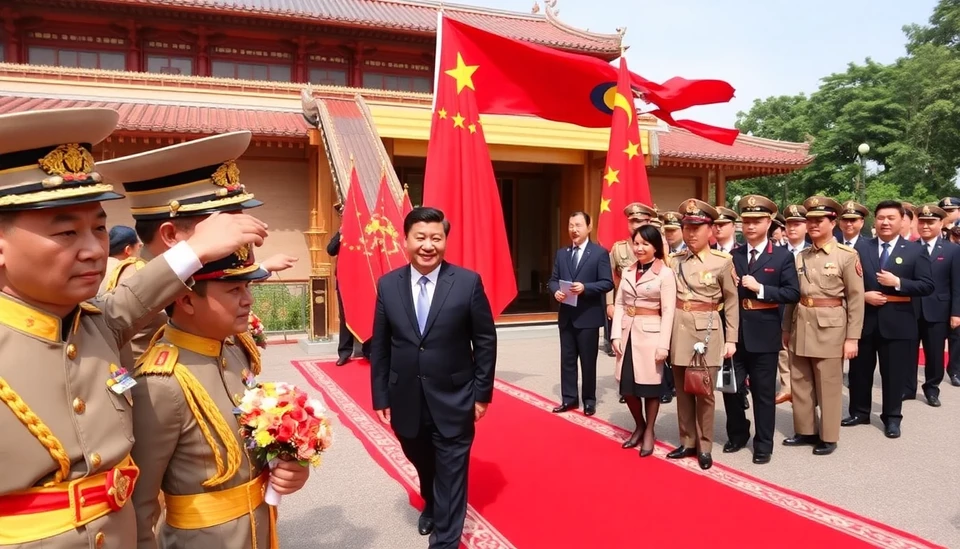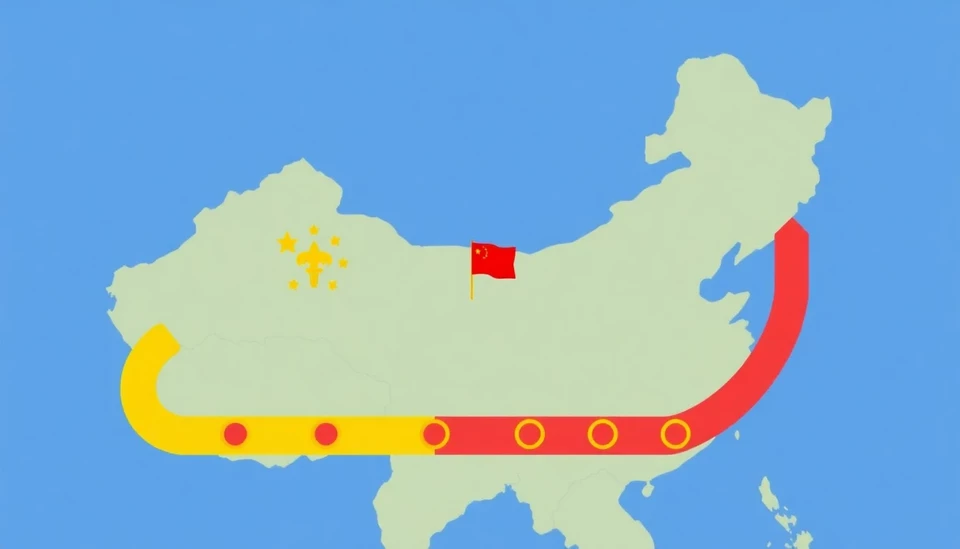
China's ambitious Belt and Road Initiative (BRI) continues to assert its global significance, with recent developments revealing an intricate network of trade and economic agreements that inadvertently favor the United States and its allies. As this geopolitical chess game unfolds, the implications of China's megaproject extend far beyond its borders, impacting the economic landscape of many nations across Europe, Asia, and beyond.
Initially launched to enhance trade connectivity and stimulate economic development throughout Asia and beyond, the BRI has transformed into more than just a Chinese strategy. It has become a battleground for influence where the United States and its allies are responding with their own strategic initiatives. The duality of the BRI reflects not only China's aspirations but also the unintended consequences that are reshaping geopolitical alliances.
As more countries engage with the BRI, the ripple effects are evident. Several nations, particularly in Europe and Asia, are beginning to recognize the potential risks associated with high levels of debt that can accompany Chinese investments. There is a growing awareness that deepening ties with China may lead to dependencies that undermine their autonomy. In light of this, the US and its allied partners are seizing the moment, crafting alternative approaches that aim to foster sustainable development free of high debt burdens.
In response to these emerging concerns, alliances such as the G7's Infrastructure Partnership initiative are gaining momentum. This coalition seeks to present an alternative to the BRI by offering high-quality infrastructure and development options that prioritize transparency and long-term economic stability. Consequently, countries that might have once sought out Chinese investments are now considering more balanced partnerships with the West.
Furthermore, the European Union has voiced intentions to curate its economic framework, establishing regulations that promote sustainable trade practices and create a more favorable environment for local businesses. The strategic pivot towards independence from China's influence reflects a broader sentiment among nations wary of being entangled in debt-related dilemmas that stem from extensive participation in the BRI.
However, this shift does not signify the end of the Belt and Road Initiative. On the contrary, China appears committed to continuing its investments, albeit with a more cautious approach to mitigate backlash and foster cooperation. The evolving landscape calls for a nuanced understanding of the intertwined fates of nations as they navigate these relationships while preserving their sovereignty.
Looking ahead, the global economy faces a complex interplay between the forces of China's BRI and the countermeasures orchestrated by the US and its allies. Each nation’s approach to development and international partnerships will inevitably shape the trajectory of global trade and political relationships. The unfolding narrative is one of cooperation, caution, and strategic engagement as all parties seek to balance their economic ambitions with geopolitical realities.
As the world grapples with these developments, the takeaway is clear—the dynamics of international trade continue to evolve, induced by varying interests, geopolitical strategies, and the nuanced realizations of the power structures at play. In the end, the Belt and Road Initiative serves as both a catalyst for growth and a cautionary tale of dependency, guiding nations as they carve their paths into the future.
In conclusion, the story of China’s Belt and Road Initiative is far from simplistic; it constitutes a complex web of alliances, economic strategies, and political outcomes that will continue to influence global relations for years to come. As nations become increasingly wary of the implications of their partnerships, the push for sustainable and equitable economic development will remain a critical objective on the global stage.
#BeltAndRoad #China #USAllies #Geopolitics #GlobalTrade #Infrastructure #EconomicDevelopment #G7 #EuropeanUnion
Author: Rachel Greene

